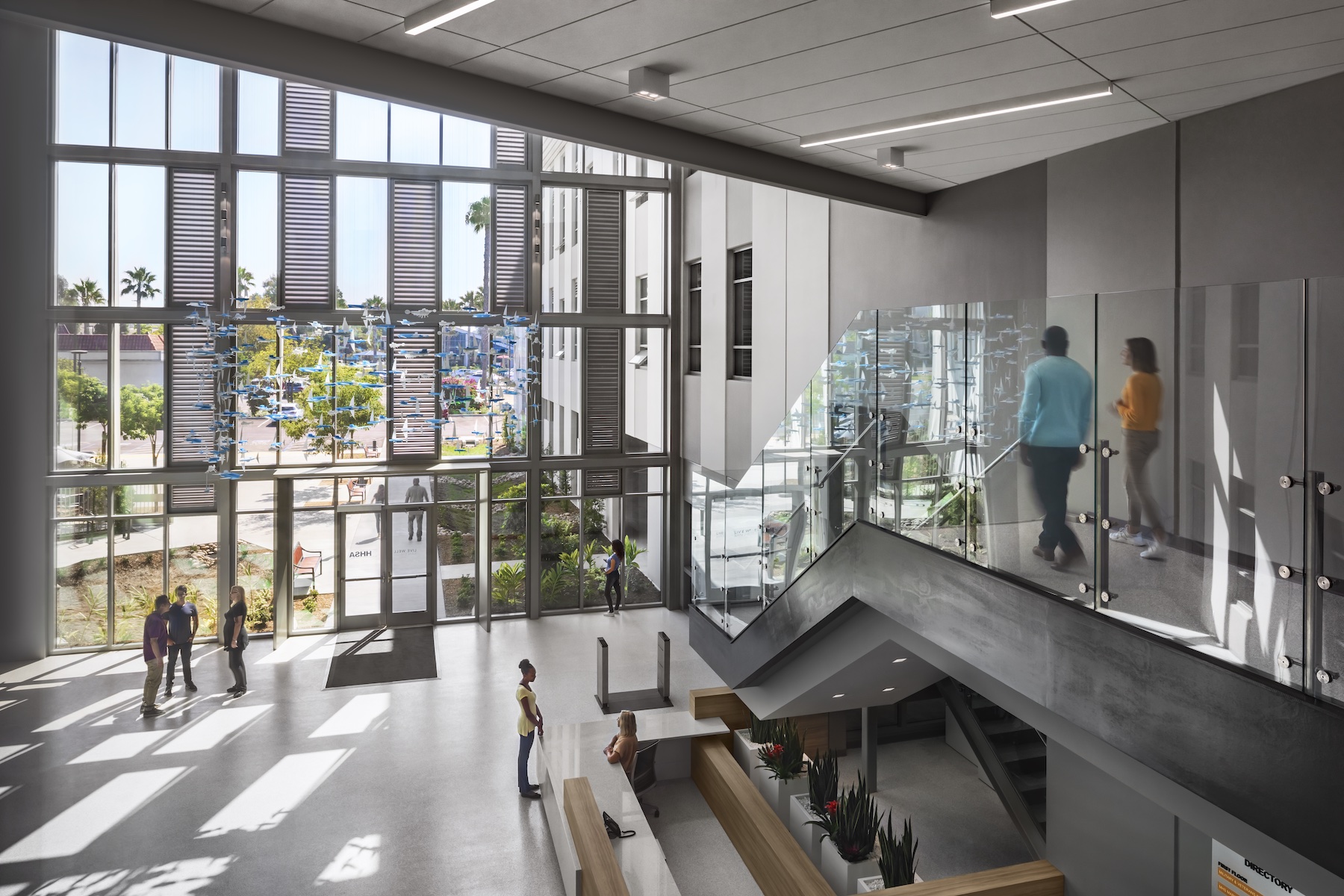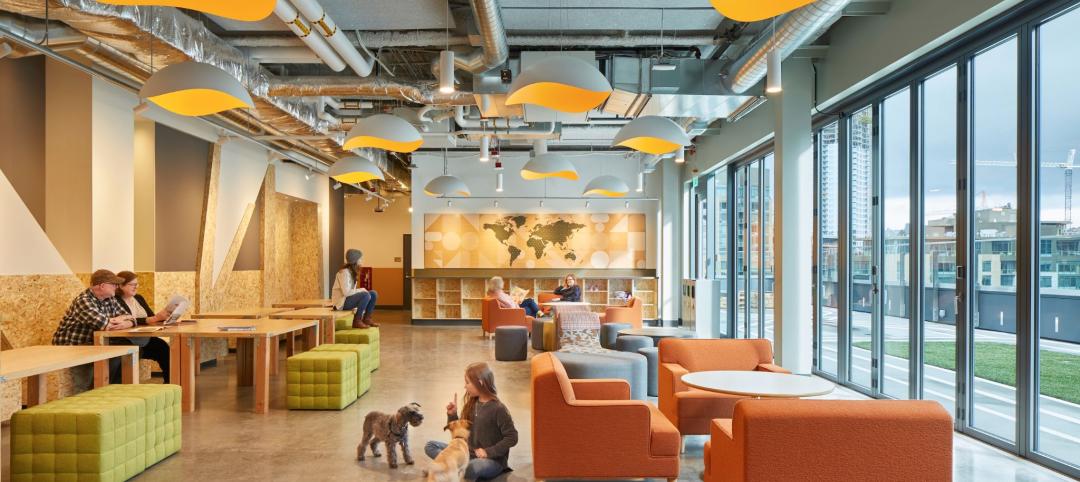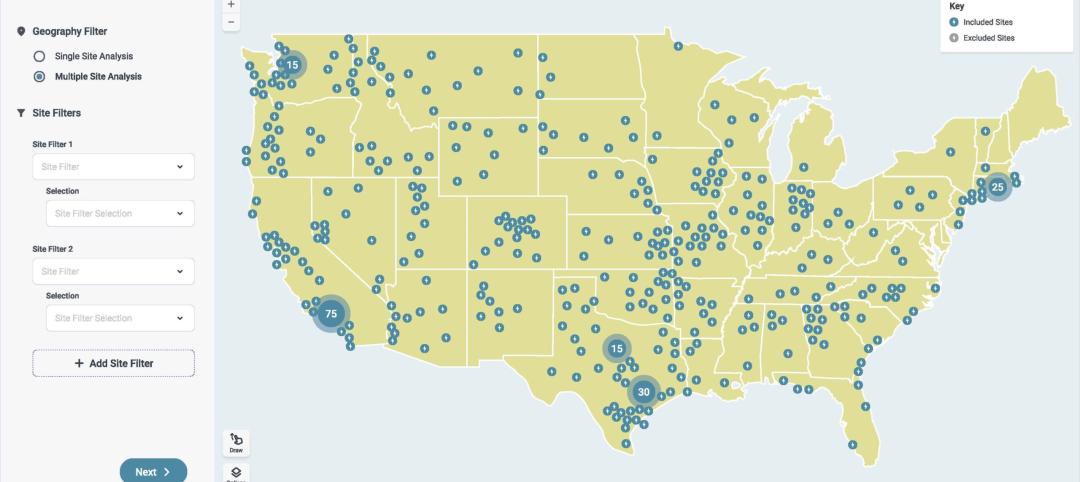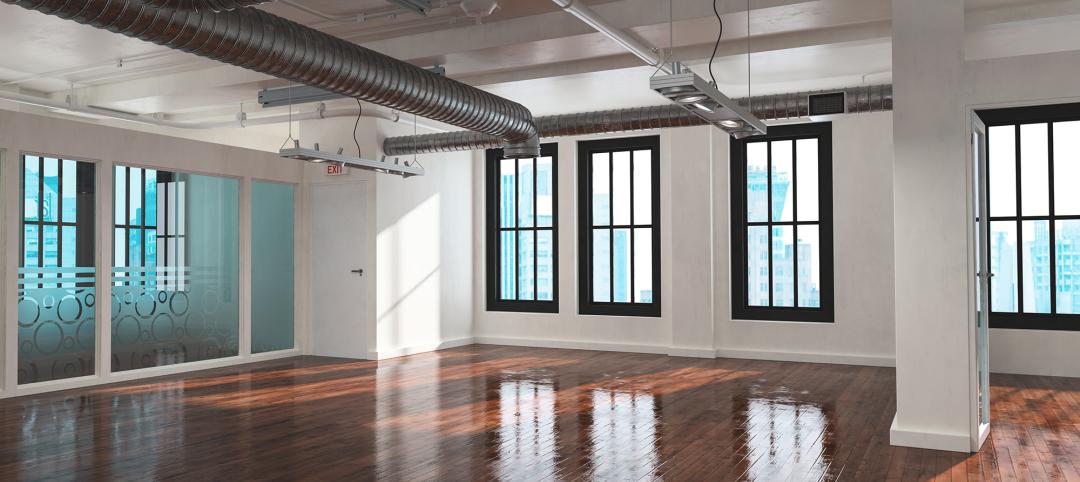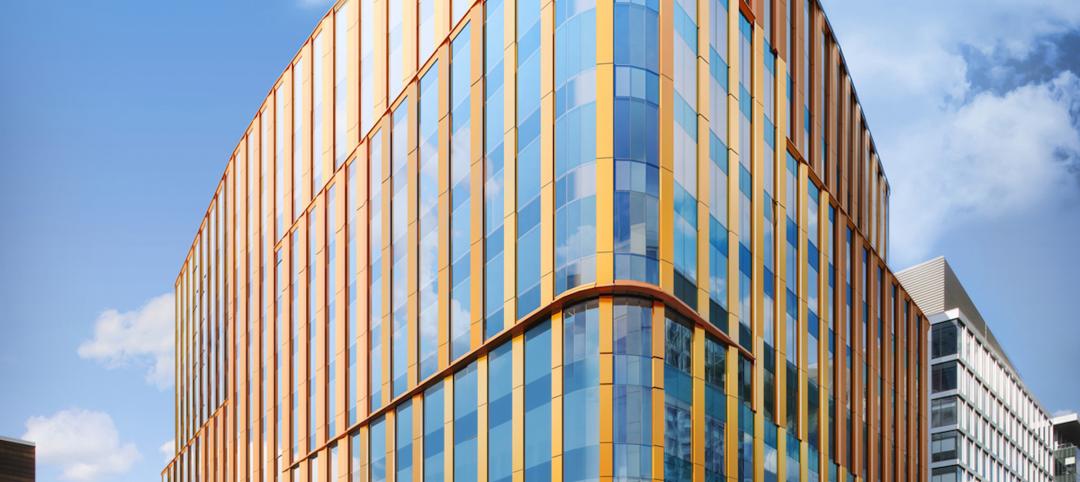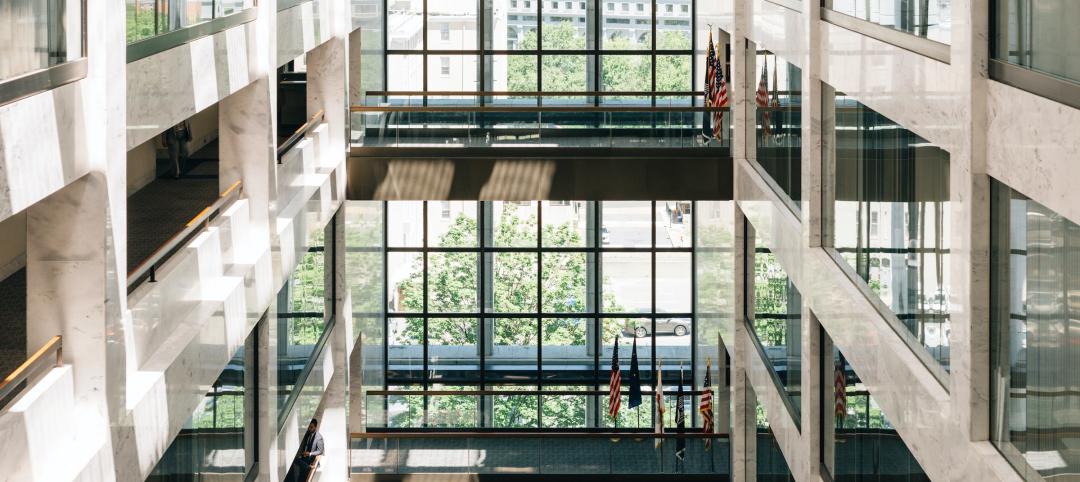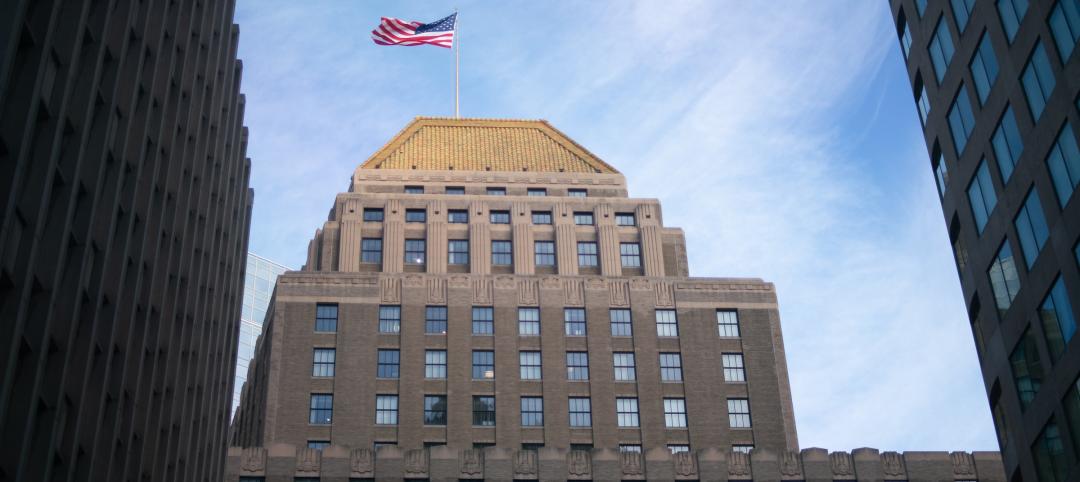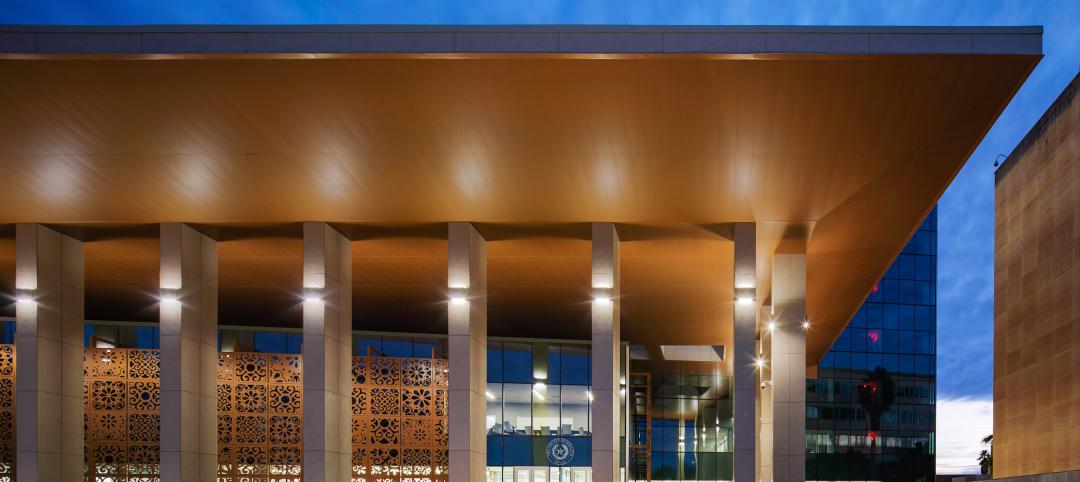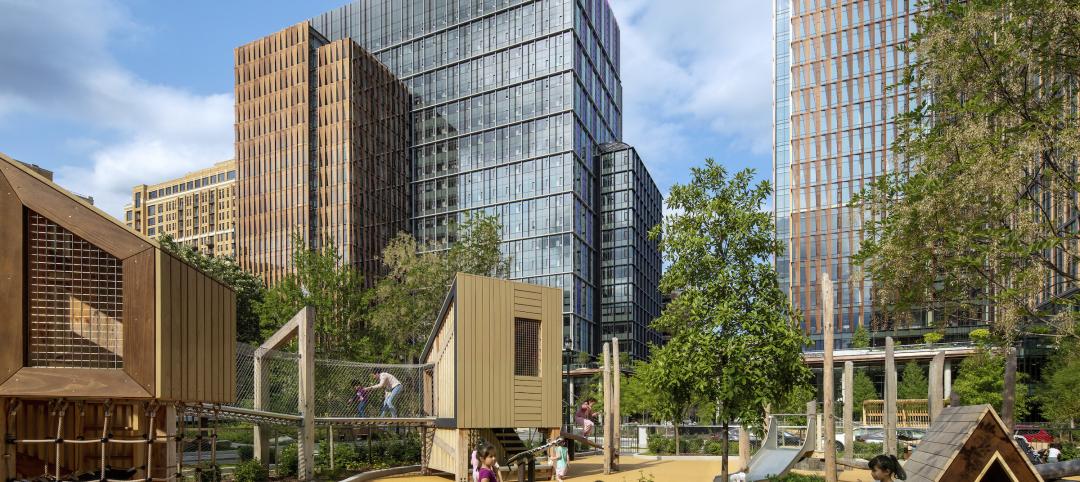The wake of the coronavirus pandemic has presented an opportune moment to re-evaluate and renew physical workplaces as employees return to them.
“The link between good workplace design and productivity is unmistakable,” states HMC Architects in its recently released report, titled “Designing for Wellness and Good Governance,” which focuses on design work done for public-sector clients by the firm’s six studios in California.
The report’s authors note that workplace design for the public sector comes with challenges. “As today’s office landscape becomes less hierarchical and younger staff more interested in a collaborative environment, employers must evolve to meet the needs of the next generation. Public optics, safety, many departments, and unique bidding processes must be considered.”
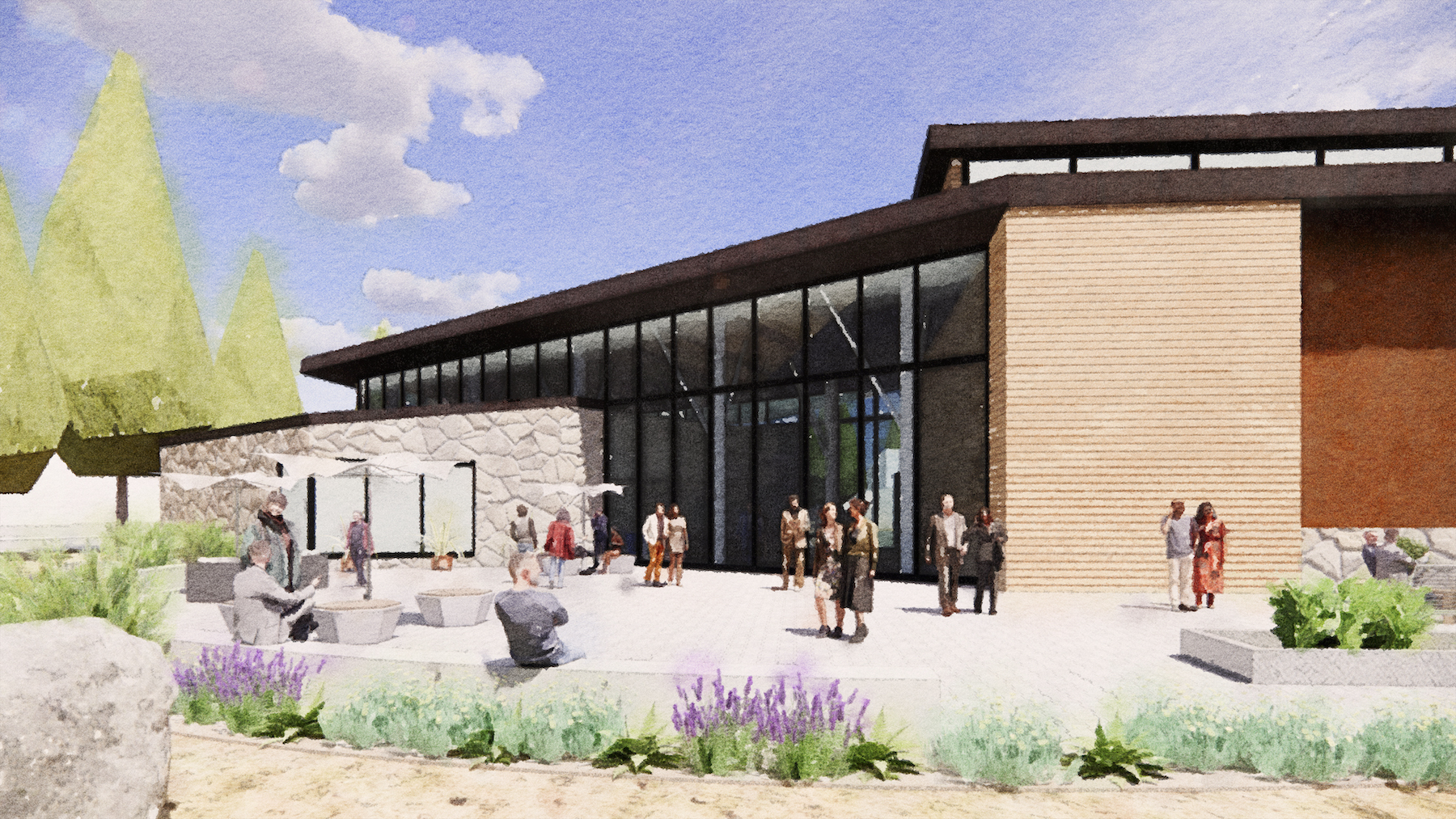
Those challenges are compounded by the shifting toward hybrid work and how offices must now function. “We are leaving behind a workplace that operates like a machine, where roles and responsibilities are clearly defined and predictable,” the authors write. “Our new future is a workplace that functions like an ecosystem and requires adaptability and unpredictable roles and responsibilities.”
The 28-page report, which can be downloaded from here, aims to present a “blueprint” to craft workplaces “that transcend functional utility and metamorphose into nurturing hubs of growth, connectedness, and mutual success.”
A holistic approach to wellness design
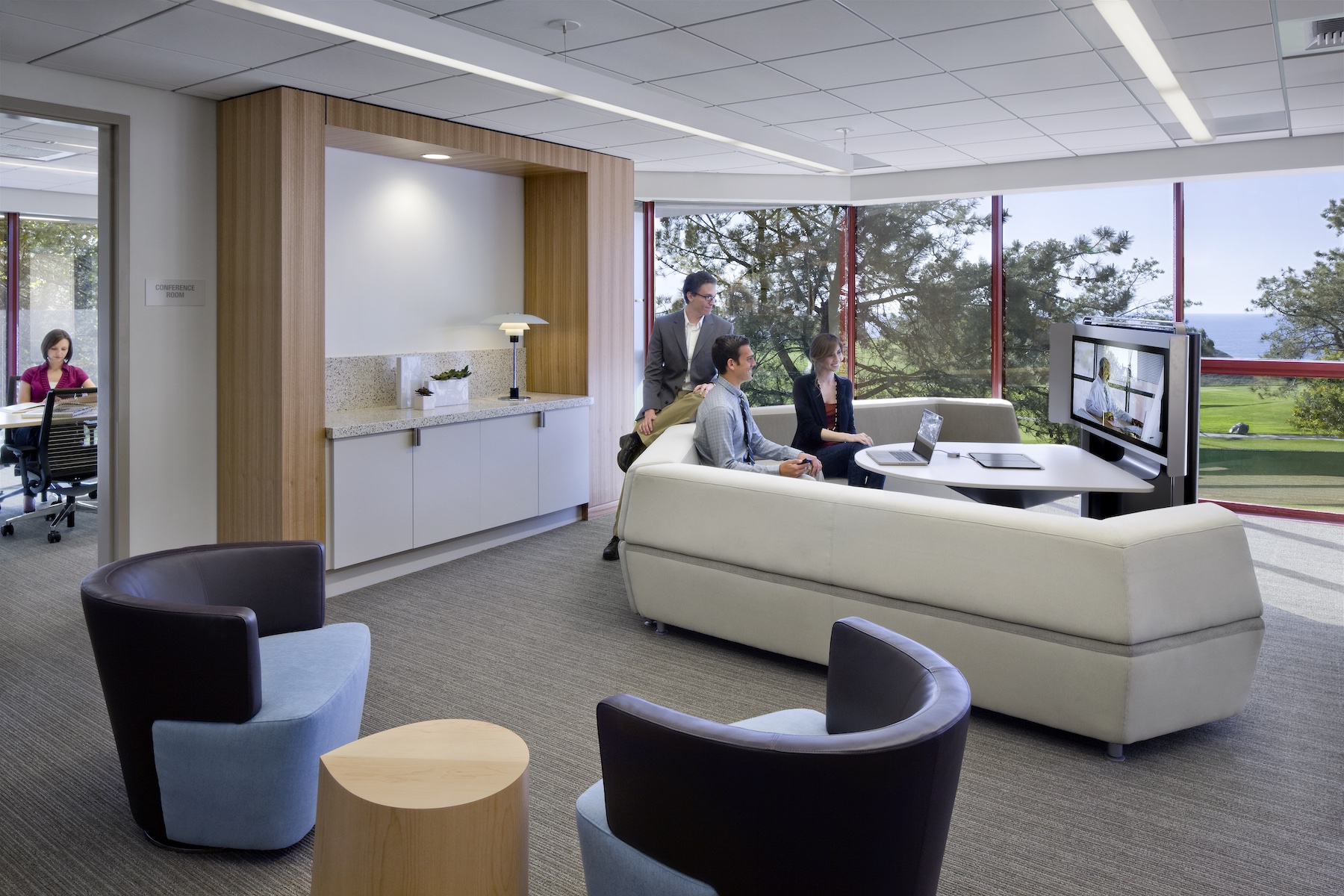
HMC Architects spells out what offices need to be doing today, starting with empowering people to do their best work. Cost-effective environments that blend flexibility, health, and wellness have a better chance at attracting new talent, enhancing employee satisfaction, and fortifying retention rates.
“Wellness is good business,” states the authors, pointing to studies that show that employee absenteeism is reduced, productivity increases, and employee turnover is significantly reduced. “Employee health and wellness investments make people feel valued and often encourage them to invest in their physical and mental well-being.”
However, creating a healthier work environment does not necessarily mean relocation or a complete revamp of existing space; there are cost-effective changes that can have significant impacts, such as bringing in new furniture and lighting for better comfort, temperature, mood, openness and flexibility. HMC says that prioritizing occupants’ thermal comfort is a “cornerstone” of a productive and content working environment
HMC’s solutions are holistic, encompassing the nurturing of wellness through healthier in-office nutritional choices and amenities such as fitness centers, private respite rooms, and access to outdoor recreational areas. “Investing in these purposeful amenities underscores a resolute commitment to cultivating a work environment that is supportive and engaging,” the report states. “Such an environment reflects a genuine concern for the welfare of employees.”
Case studies showcase different design approaches
The report homes in on seven public-sector “case studies” throughout California that amplify some of its general wellness points:
•The County of San Diego North Coastal Live Well Health Centers, whose interior design takes advantage of daylight and fresh air;
•The University of California San Diego North Torrey Pines Living and Learning Neighborhood, whose design balances privacy and collaboration in office spaces;
•Kaiser Permanente’s Fontana Medical Center, a Medical Office Building whose interior design includes biophilia inspired by nature;
•Riverside Office of Education Conference Center, whose design (elevates collaboration and comfort to encourage success;
•Los Angeles County Department of Public Works’ landscape Improvements that include a wellness garden which redefines the workplace experience;
•Mammoth Lakes Civic Center that reshapes the city hub; and
•The Ontario City Hall Annex that creates an office oasis. Along the building’s periphery, open office ergonomic workstations bask in daylight and offer glimpses of the outdoors, facilitated by intelligent sun control mechanisms that subdue glare. Internal offices, adorned with generous glazing, harness natural light cascading within.
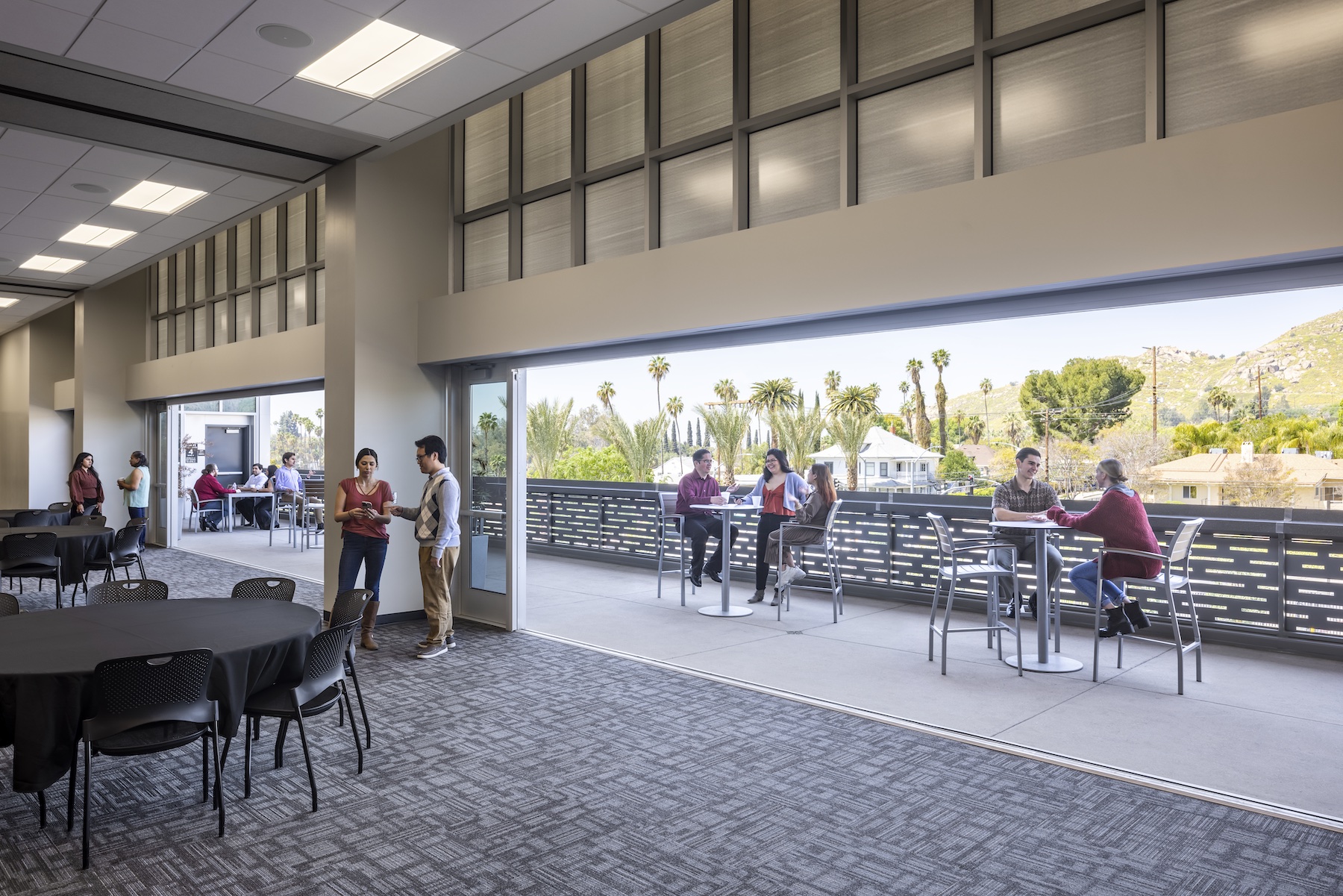
The Riverside case study is an example of how design brings disparate elements together. The building’s ground floor serves as nexus for communal engagement, with an interplay between indoor and outdoor spaces. There’s a fusion of private space and open workspaces, and an expansive conference room within the building’s core. Overhead glass and sliding doors unveil a terrace that extends the conference space to an inviting outdoor area, commanding panoramic views of the neighboring landscape.
Related Stories
Office Buildings | Dec 1, 2023
Amazon office building doubles as emergency housing for Seattle families
The unusual location for services of this kind serves over 300 people per day. Mary's Place spreads across eight of the office's floors—all designed by Graphite—testing the status quo for its experimental approach to homelessness support.
Engineers | Nov 27, 2023
Kimley-Horn eliminates the guesswork of electric vehicle charger site selection
Private businesses and governments can now choose their new electric vehicle (EV) charger locations with data-driven precision. Kimley-Horn, the national engineering, planning, and design consulting firm, today launched TREDLite EV, a cloud-based tool that helps organizations develop and optimize their EV charger deployment strategies based on the organization’s unique priorities.
Market Data | Nov 27, 2023
Number of employees returning to the office varies significantly by city
While the return-to-the-office trend is felt across the country, the percentage of employees moving back to their offices varies significantly according to geography, according to Eptura’s Q3 Workplace Index.
Office Buildings | Nov 10, 2023
3 important early considerations for office-to-residential conversions
Scott Campagna, PE, Senior Director of Housing, IMEG Corp, shares insights from experts on office-to-residential conversion issues that may be mitigated when dealt with early.
Laboratories | Nov 8, 2023
Boston’s FORUM building to support cutting-edge life sciences research and development
Global real estate companies Lendlease and Ivanhoé Cambridge recently announced the topping-out of FORUM, a nine-story, 350,000-sf life science building in Boston. Located in Boston Landing, a 15-acre mixed-use community, the $545 million project will achieve operational net zero carbon upon completion in 2024.
Giants 400 | Nov 6, 2023
Top 100 Government Building Construction Firms for 2023
Hensel Phelps, Turner Construction, Clark Group, Fluor, and BL Harbert top BD+C's rankings of the nation's largest government building sector general contractors and construction management (CM) firms for 2023, as reported in the 2023 Giants 400 Report. Note: This ranking includes revenue from all government building sectors, including federal, state, local, military, and Veterans Affairs (VA) buildings.
Giants 400 | Nov 6, 2023
Top 90 Government Building Engineering Firms for 2023
Fluor, Jacobs, AECOM, WSP, and Burns & McDonnell head BD+C's rankings of the nation's largest government building sector engineering and engineering architecture (EA) firms for 2023, as reported in the 2023 Giants 400 Report. Note: This ranking includes revenue from all government building sectors, including federal, state, local, military, and Veterans Affairs (VA) buildings.
Giants 400 | Nov 6, 2023
Top 170 Government Building Architecture Firms for 2023
Page Southerland Page, Gensler, Stantec, HOK, and Skidmore, Owings & Merrill top BD+C's ranking of the nation's largest government building sector architecture and architecture engineering (AE) firms for 2023, as reported in the 2023 Giants 400 Report. Note: This ranking includes revenue from all government building sectors, including federal, state, local, military, and Veterans Affairs (VA) buildings.
Office Buildings | Nov 2, 2023
Amazon’s second headquarters completes its first buildings: a pair of 22-story towers
Amazon has completed construction of the first two buildings of its second headquarters, located in Arlington, Va. The all-electric structures, featuring low carbon concrete and mass timber, help further the company’s commitment to achieving net zero carbon emissions by 2040 and 100% renewable energy consumption by 2030. Designed by ZGF Architects, the two 22-story buildings are on track to become the largest LEED v4 Platinum buildings in the U.S.
Adaptive Reuse | Nov 1, 2023
Biden Administration reveals plan to spur more office-to-residential conversions
The Biden Administration recently announced plans to encourage more office buildings to be converted to residential use. The plan includes using federal money to lend to developers for conversion projects and selling government property that is suitable for conversions.


